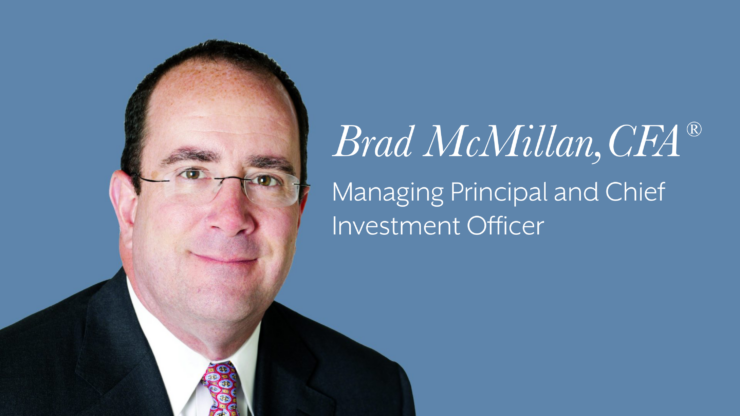How to Take Advantage of the Market Downturn
April 9, 2020
Unfortunately, many investors aren’t aware that there are ways to leverage market downturns to take advantage of future recovery periods.
Consider following some of these strategies our financial planners have recommended to recovery gains and potentially improve your long-term returns.
It has certainly been a rough month for economies worldwide as the Coronavirus pandemic continues to rattle equity markets. Market lows coupled with social isolation and uncertainty about the future create the perfect storm for a sea full of fearful investors, who at times like this, have historically, made damaging money moves.
Of course, we understand that these events can be traumatic and unsettling. No one likes to see the value of their portfolio drop. But it’s important to remember that market downturns are not rare. In fact, many investors will experience a handful of them in their lifetime. Since 1980, there have been at least eight times the S&P 500 has dropped by 20% or more only to rebound and set record highs.[1]
Like other panicked markets, this correction will also bottom out. Of course, no one can predict when or how long it will take, but if history has taught us anything, it’s that the rebound is usually higher and generally very quick. In other words, the discomfort is only temporary.
Unfortunately, many investors aren’t aware that there are ways to leverage market downturns to take advantage of future recovery periods. As Warren Buffet aptly points out, “Only in the investment world do people run out the door when everything goes on sale.”
Instead of running out the door and prematurely selling equities (a losing game), consider using this opportunity to capture (future) recovery gains and potentially improve your long-term returns with the following strategies.
Front-load your employer retirement accounts. Rather than spread your contributions out over the course of the year when equity prices could (and likely will) escalate, max out your annual contribution now while the price of equities is low. You can simply do this by increasing your contribution percentage to as high as your cash flow can tolerate and live off your cash reserves for a few months (should your cash reserves be suitable to accommodate this strategy).
Rebalance. As the market pushes equity prices around, it’s easy for your asset allocation to change. In order to hedge market risk, you’ll want to ensure your investment portfolio is not over weighted in any single asset and still matches your personal risk tolerance level.
Take some risk. If you can afford to take more risk in accounts you don’t plan on touching for a while, you may be able to “double-down” on some assets for a fruitful recovery period. Consider allocating some excess discretionary funds now before values rise.
Make 2019 and 2020 IRA contributions simultaneously. Because the tax deadline was pushed to July 15th, so has the deadline for contributing to your IRA for 2019. If you are eligible and haven’t done so already, consider making contributions for both 2019 and 2020 now. After recent declines, this strategy allows you to buy more shares while prices are low.
Stay educated. Naturally, market downturns incite fear and panic, but emotions have no place in the investment world. More often than not, they drive investors to make poor and costly choices with their investment portfolios. Lean on your financial advisor to help guide you through this rough time and see if these strategies could help you make the most of this economic correction.
Let the CERTIFIED FINANCIAL PLANNER® professionals at Williams Asset Management help with your wealth management needs. Whether you need comprehensive and holistic financial planning or investment management, we can help! We are fee-based, independent financial advisors located in Columbia, the heart of Howard County, Maryland. Schedule your complimentary consultation today by calling 410.740.0220!
[1] Stocks Tend to Do Well After Corrections: S&P 500 Index Corrections (1980-Current). LPL Research, Ned David Research, FactSet 03/16/20. [23 March 2020]
Share on social media:


